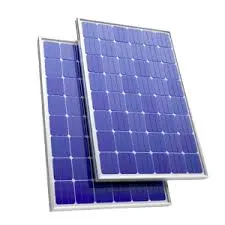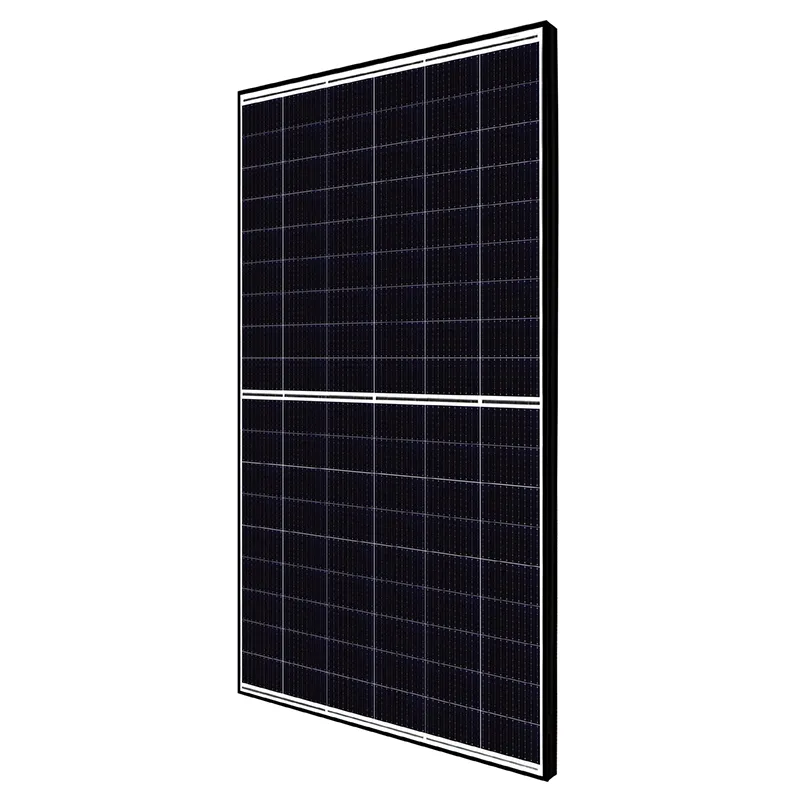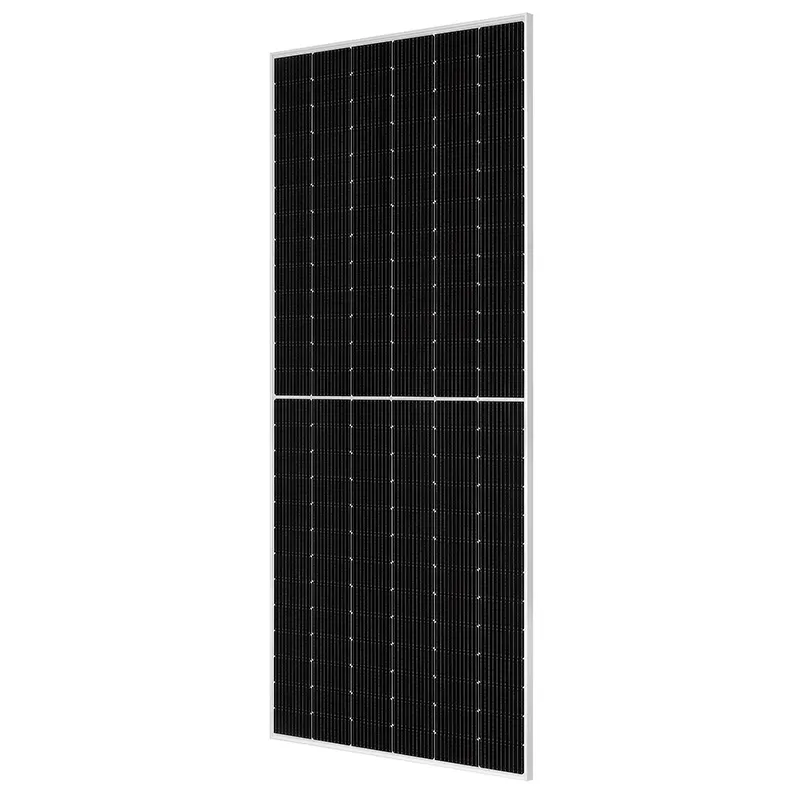- Whipworms These parasites reside in the large intestine and can lead to severe diarrhea and weight loss. Whipworm infections are often harder to diagnose, as the eggs can be sporadically shed in feces.






